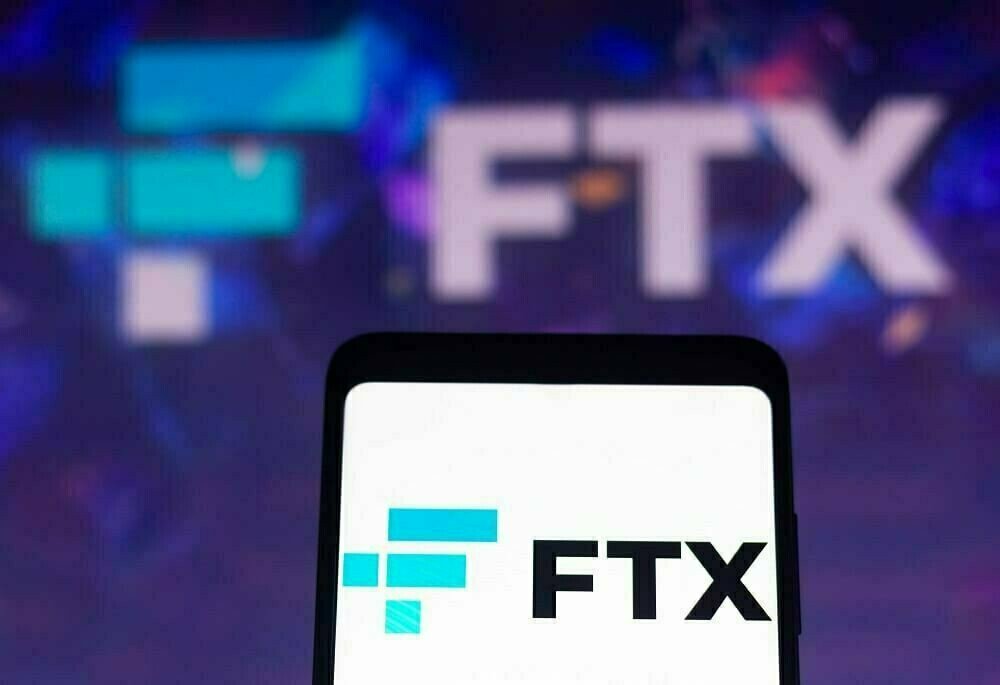Worldcoin, the Proof of Humanity protocol that gained attention in 2021 for its promise of free tokens to users verifying their humanity through iris scans, has recently faced increased criticism regarding its data collection practices.
In response to mounting concerns, Worldcoin released its audit reports on July 28, conducted by security consulting firms Nethermind and Least Authority.
The audit by Nethermind unveiled 26 security issues within the protocol, with 24 of them being addressed and resolved during the verification phase.
One issue was mitigated, and another was acknowledged, demonstrating Worldcoin’s commitment to enhancing its security measures.
Least Authority, on the other hand, discovered three issues and made six suggestions. Worldcoin promptly resolved all the identified issues or planned resolutions for them, as outlined in their official announcement.
Worldcoin’s public launch took place on July 25, following nearly two years of development and beta testing. However, the project faced immediate criticism.
The UK’s Information Commissioner’s Office (ICO) was considering an investigation into potential violations of data protection laws, while the French data protection agency, the National Commission on Informatics and Liberty, also raised concerns about the project’s legality.
The concept behind Worldcoin, co-founded by Sam Altman, aimed to combat the rise of AI bots on the internet by offering a means of verifying users’ humanity without compromising their privacy.
READ MORE: Crypto.com Receives Approval from Dutch Central Bank
The process involved iris scans through a device called the “Orb,” which generated a hash of the user’s iris scan without storing the actual scan data.
The crypto community had mixed reactions to Worldcoin’s launch. Some saw it as a step toward protecting humans from malicious AI, while others feared it could lead to a dystopian future with diminished privacy.
The audit reports focused on various security aspects, including protection against distributed denial of service attacks, specific implementation errors, proper encryption and key management, data leak prevention, and information integrity.
Some issues arose due to dependencies on Semaphore and Ethereum, involving elliptic curve precompile support and Poseidon hash function configuration.
Worldcoin made commendable progress in addressing the security concerns raised during the audits. Almost all identified issues were either fixed, mitigated, or had planned solutions.
The remaining security issue’s severity was labeled “undetermined,” but it was acknowledged and being monitored.
As Worldcoin continues to evolve, addressing security challenges and data privacy concerns will be crucial in gaining public trust and support.
The project’s innovative approach to proving humanity may pave the way for future developments in the blockchain and AI space, but ensuring responsible data handling remains paramount.
Other Stories:
Crypto Mining Firm Explores Initial Public Offering (IPO) in UAE
Former Twitter Product Director Exposes Peculiarities of Working Under Elon Musk










